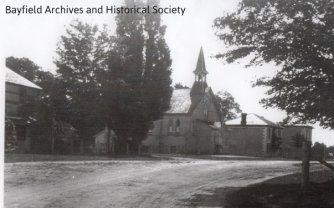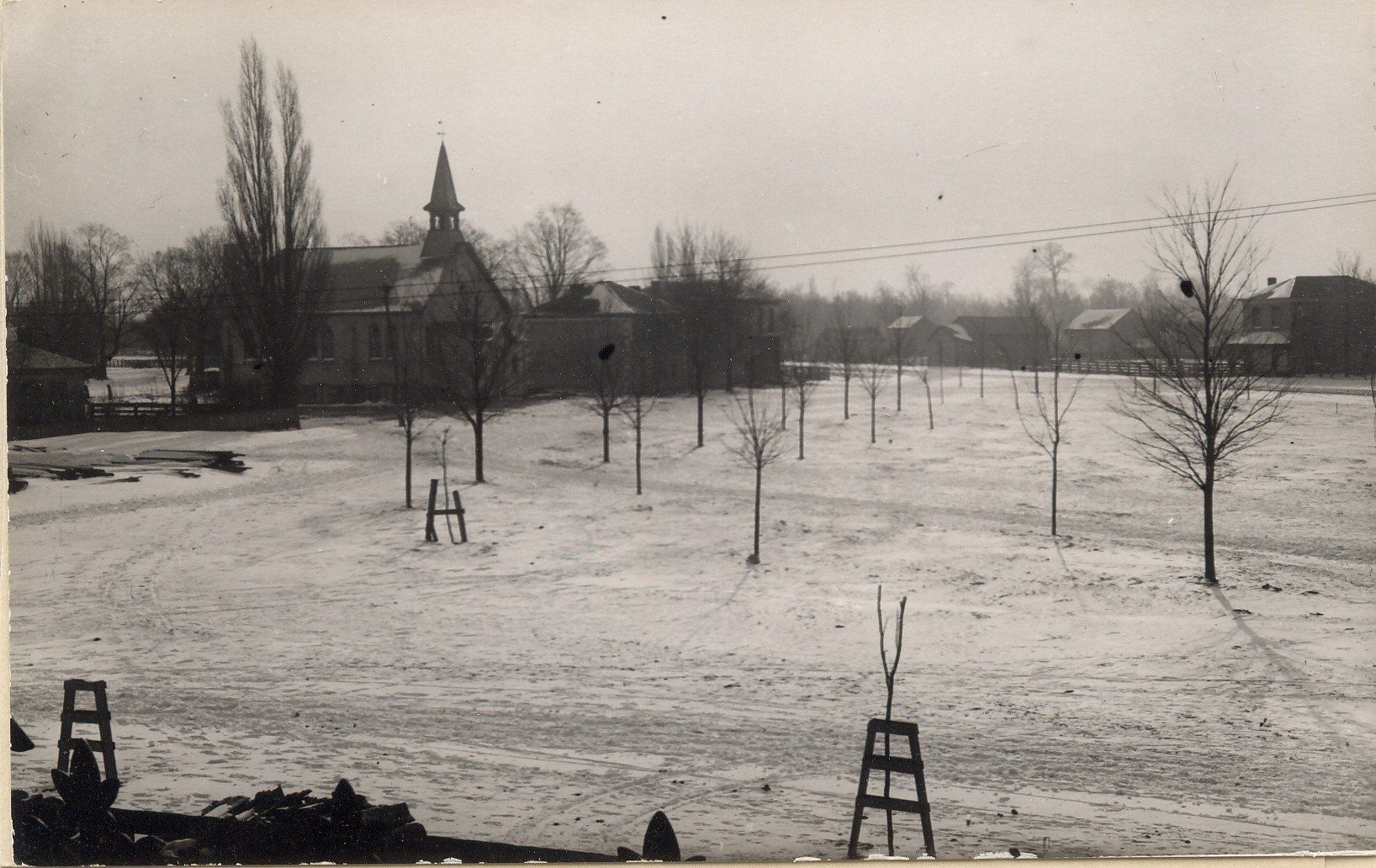Each month, St. Andrew's Church supports a local/county organization/charity or cause with donations (when appropriate) and sharing of information about the work of the organization
June's Outreach focus is The 100th Anniversary of the United Church of Canada

On June 10, 1925, in the Mutual St. Arena in Toronto, The United Church of Canada is formed by a union of Presbyterian, Methodist, Congregational, and the General Council of the Local Union Churches.
Some Major Milestones for UCC
1935: On the Tenth Anniversary the General Council proclaimed:
"On this its Tenth Anniversary, The United Church of Canada reaffirms before the world its faith in the ideals and principles which brought it into being. In the light of ten years' experience it has found these ideals to be eminently practicable in their out-working, and in the quest of them its members have found an enriched and deepened fellowship, human and divine. In a renewed conviction of the worth of inclusive Christian fellowship, The United Church of Canada enters its second decade, prepared, as the opportunity may offer and as God may direct, to seek with other Christian communions further development of its ideals, whether by increased co-operation, organic union, or otherwise, and so fulfill its purpose of being not merely a united, but a uniting church."
1936: The United Church ordained its first woman Minister, the Rev. Lydia Gruchy.
1940: A Statement of Faith is published. By 1950, 75,000 copies are sold.
1944:
- The Catechism is published.
- United Church Publishing House renews agreement with Toronto Allied Printing Trades Council, allowing all eligible staff to become members of their respective unions.
- The Canadian Council of Churches is formed with the United Church a member.
1955 - 1965: Development of New Curriculum by the board of Christian Education (David Forsyth, Alvin Cooper, Frank Fidler) and the Board of Publication (Peter Gordon White, Wilbur K. Howard).
1962: Woman's Association and Woman's Missionary Society join to form United Church Women.
1994 - 1997:
- The Healing Fund is established to help First Nations communities respond to the painful legacy of residential schools.
- In 1995, "to live with respect in Creation" is added to the New Creed.
- The Ethnic Ministries Council is officially inaugurated in June 1996.
- A new hymn book, Voices United, is published in 1996.
1998: In October 1998, The United Church of Canada offers an apology to former students of United Church Indian Residential Schools.
2000 - 2003: General Council adopts the anti-racism policy "That All May Be One," recognizing the need for the United Church to address racism both within and outside the church.
2005:
- The United Church urges the Canadian Parliament to vote in favour of same-sex marriage legislation.
- The United Church welcomes the Agreement in Principle announced by the Government of Canada and the Assembly of First Nations, which outlines a comprehensive resolution package for former students of Indian Residential Schools. In 2006, signs the Indian Residential Schools Settlement Agreement.
2010: On January 17, 2010, Moderator Mardi Tindal issues an open letter to Canadians calling on them to consider climate change a crisis of conscience.
2012: 41st General Council expands the doctrinal statements in the Basis of Union to include the 1940 Statement of Faith, “A New Creed” (1968) and “A Song of Faith” (2006)
2019: A major restructuring of the church is implemented, including a new funding model that includes pastoral charge assessments, a new Office of Vocation, and a new Candidacy Pathway.
2020: The church advocates for a guaranteed livable income in Canada, a need that becomes even more apparent during the COVID-19 pandemic.
Information above taken from Historical Timeline: The United Church of Canada. Please visit this website for a more comprehensive exploration of the history of the United Church of Canada.
Meanwhile, at home...St Andrew's United Church, Bayfield, Ontario






